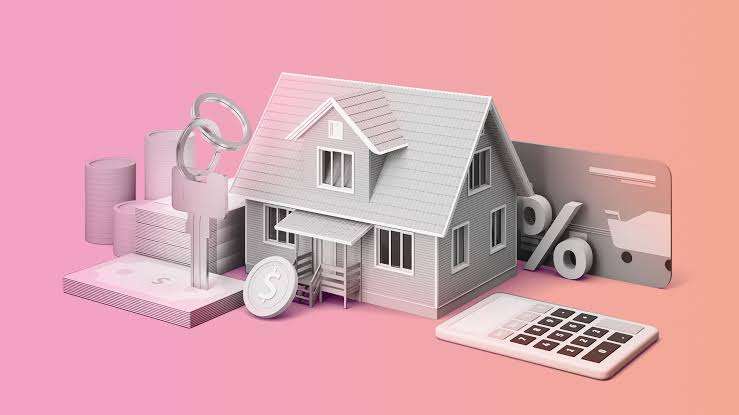
Investment Property Loans
Investment Property Loans Investment property loans in Lucknow can help you finance the purchase of a property you intend to rent out for income […]

Investment Property Loans Investment property loans in Lucknow can help you finance the purchase of a property you intend to rent out for income […]

Investment Property Investment property can be a great way to build wealth and generate income. Here’s a breakdown of some key things to consider […]

How To Investment Property There are several ways to invest in property, and the best approach for you will depend on your financial goals, […]
Investment Loan An investment loan is a type of loan specifically designed to fund investments. Here’s a rundown of how it works: Concept: Borrow […]
Investment Expenses Investment expenses are the costs associated with buying, holding, and selling investments. They can eat into your returns, so it’s important to be […]
Investment Real Estate Investment real estate refers to properties acquired and held not as a primary residence, but for the purpose of generating income or […]

Investment Expenditures Investment expenditures, also known as capital expenditures (CapEx), refer to the funds a company allocates to acquire, upgrade, and maintain physical assets […]
Copyright © 2025 | WordPress Theme by MH Themes